Speaker Robin Vos on courts and Wisconsin's budget process
Wisconsin Assembly Speaker Robin Vos, R-Rochester, discusses potential impacts of state Supreme Court cases over disputes between the governor and Legislature on Wisconsin's 2025-27 budget process.
By Zac Schultz | Here & Now
December 27, 2024
VIDEO TRANSCRIPT
Zac Schultz:
There are a couple of big cases before the Supreme Court or potentially coming to them in Act 10 and JFC control over some finances and also Governor Evers' vetoes of the education funding.
Speaker Robin Vos:
The 400-veto, yeah, yeah.
Zac Schultz:
How much did those influence how you do approach the budget this year?
Speaker Robin Vos:
Well, let's start by saying that the 400-year veto is gonna be huge. You know, the basic functions — if you think of the way like "Schoolhouse Rock," you know, the governor executes, the judges weigh and balance between the three branches, and the Legislature appropriates the funding. Well, under the way that Governor Evers, for the first time ever, used his veto, he created a 400-year appropriation. That's really unprecedented. So listening to the arguments, it sounds like the justices agree, but we don't know that. So, hopefully, if they strike down as unconstitutional his line-item veto, we'll have a discussion about how to fund schools and it'll be just like the normal process. If for some reason they say that that 400-year appropriation is done, well, schools are mostly off the table, then we'll have to focus on the rest of the budget. So hopefully not. One of the things that also was really unfortunate is, look, I'm a strong supporter of the Knowles-Nelson Stewardship Fund, where we use state dollars, usually matched with private or local dollars, to buy open spaces to keep Wisconsin, you know, the environment that we want. It's worked for literally 40 years. Governor Evers wanted sole control, so he sued and the court agreed with him. So now we have a program where it'll probably die because that idea of having consensus and collaboration, where he got 98% of what he wanted — he wants 100%, and now he's going to probably end up getting zero. So I hope we really think about all these lawsuits and trying to upset the balance of how the traditional three branches have worked, to say that if you're going to try to do it alone, you're going to usually end up with nothing.
 Passport
Passport




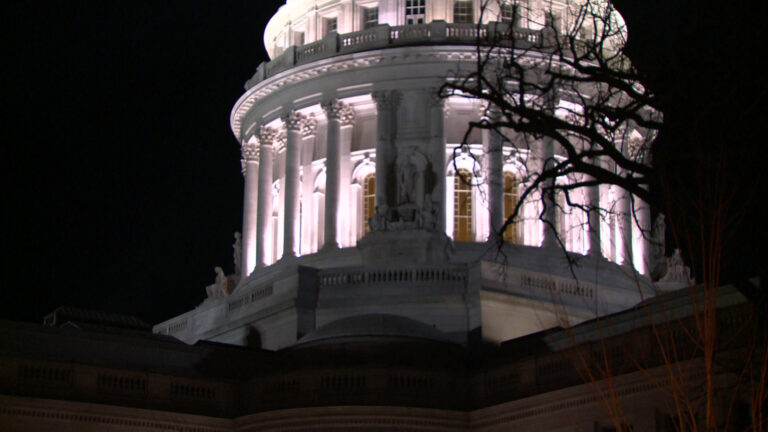
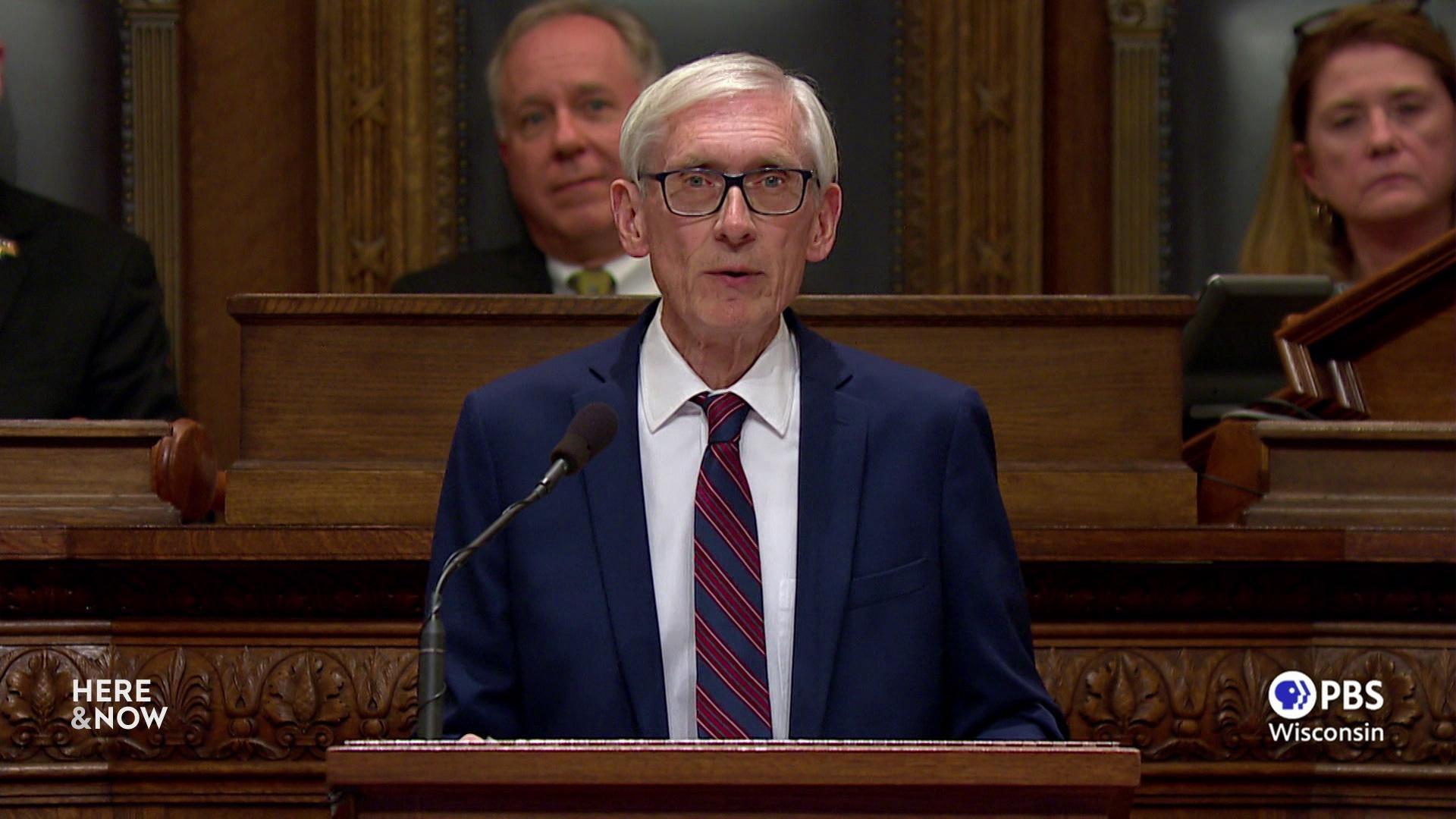
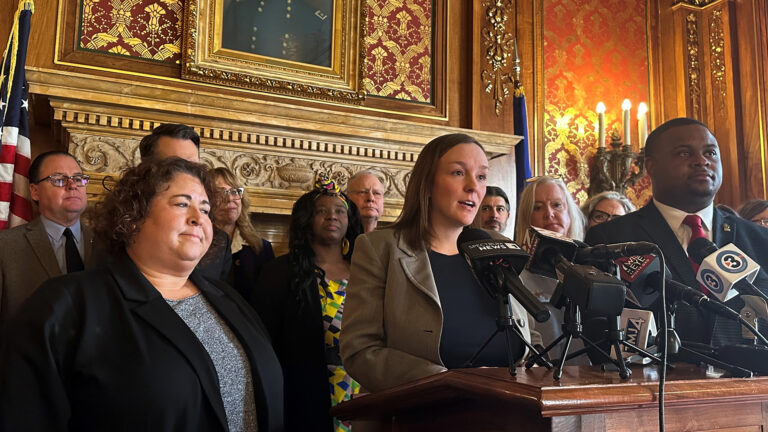
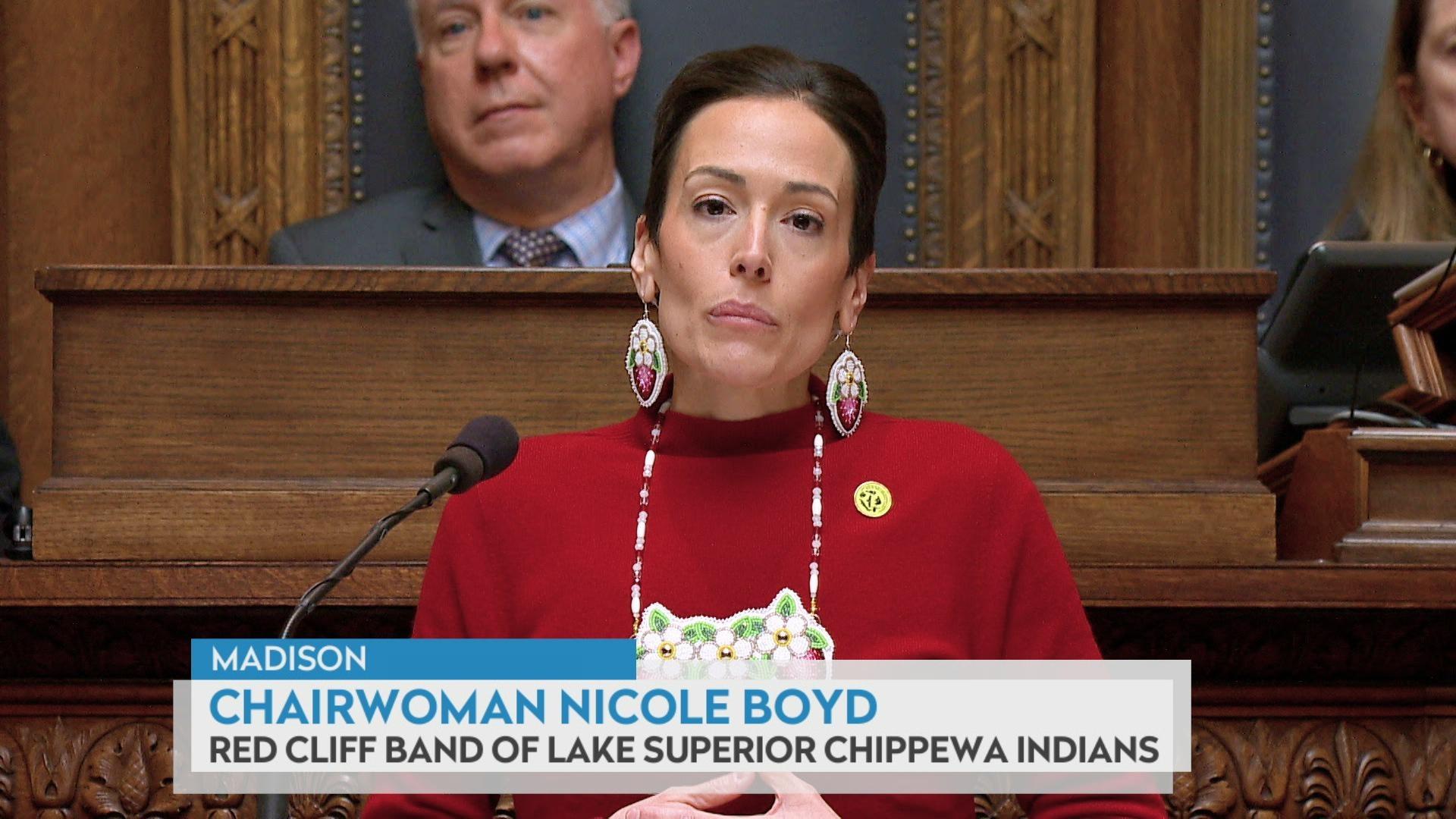
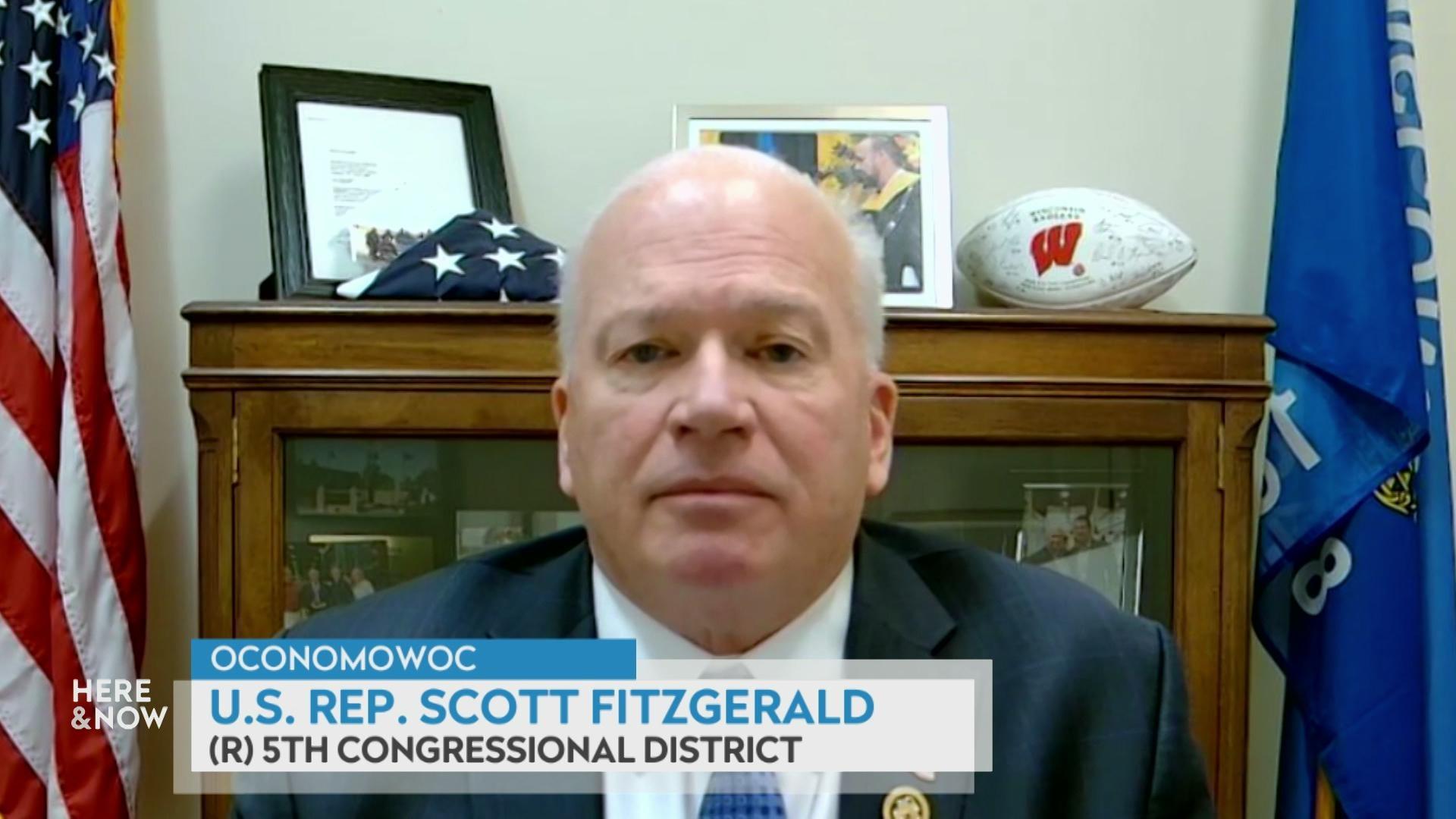
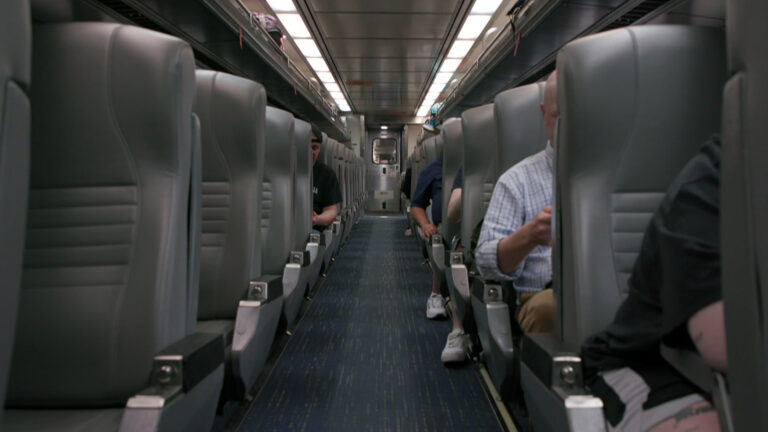

Follow Us